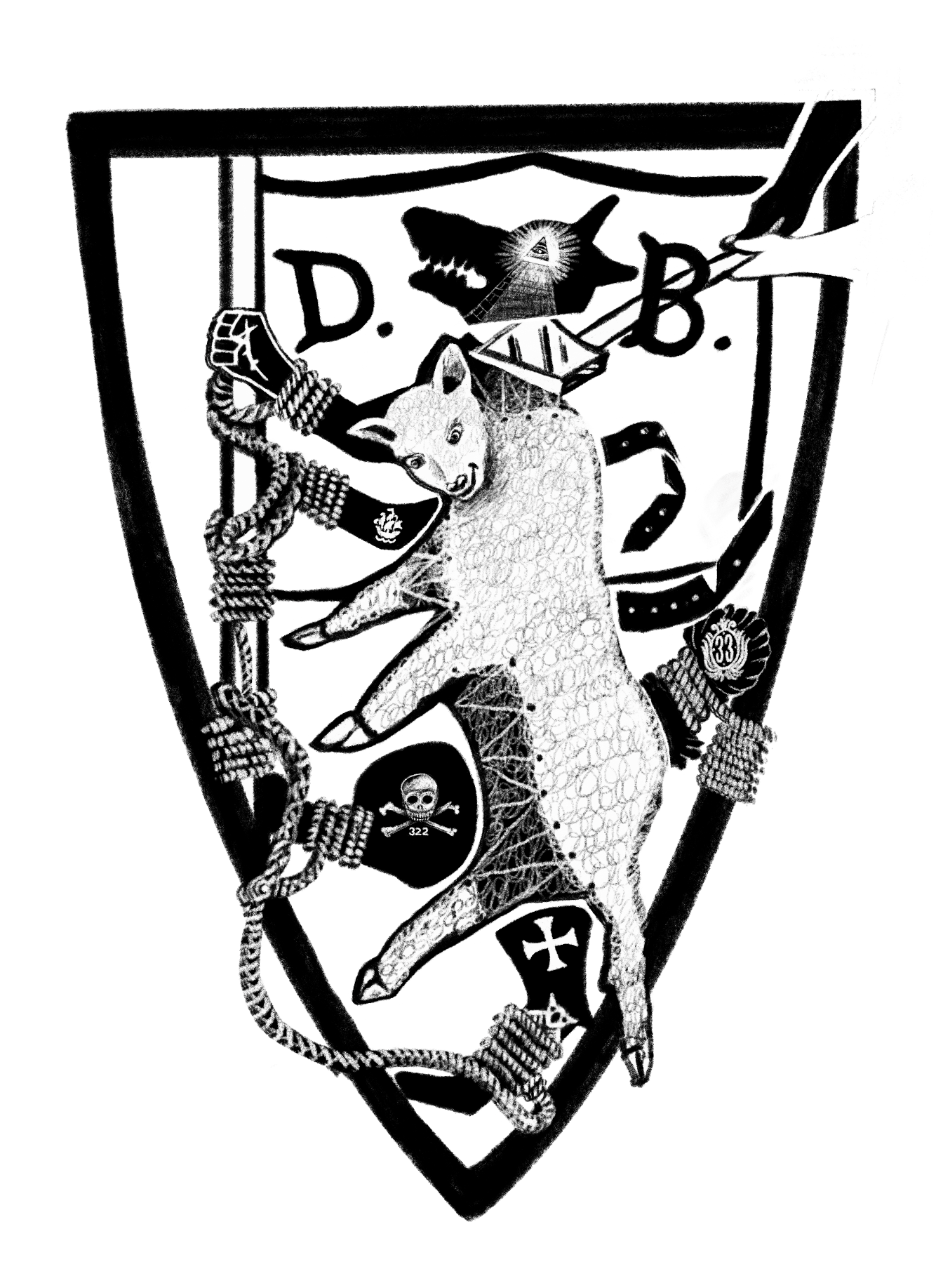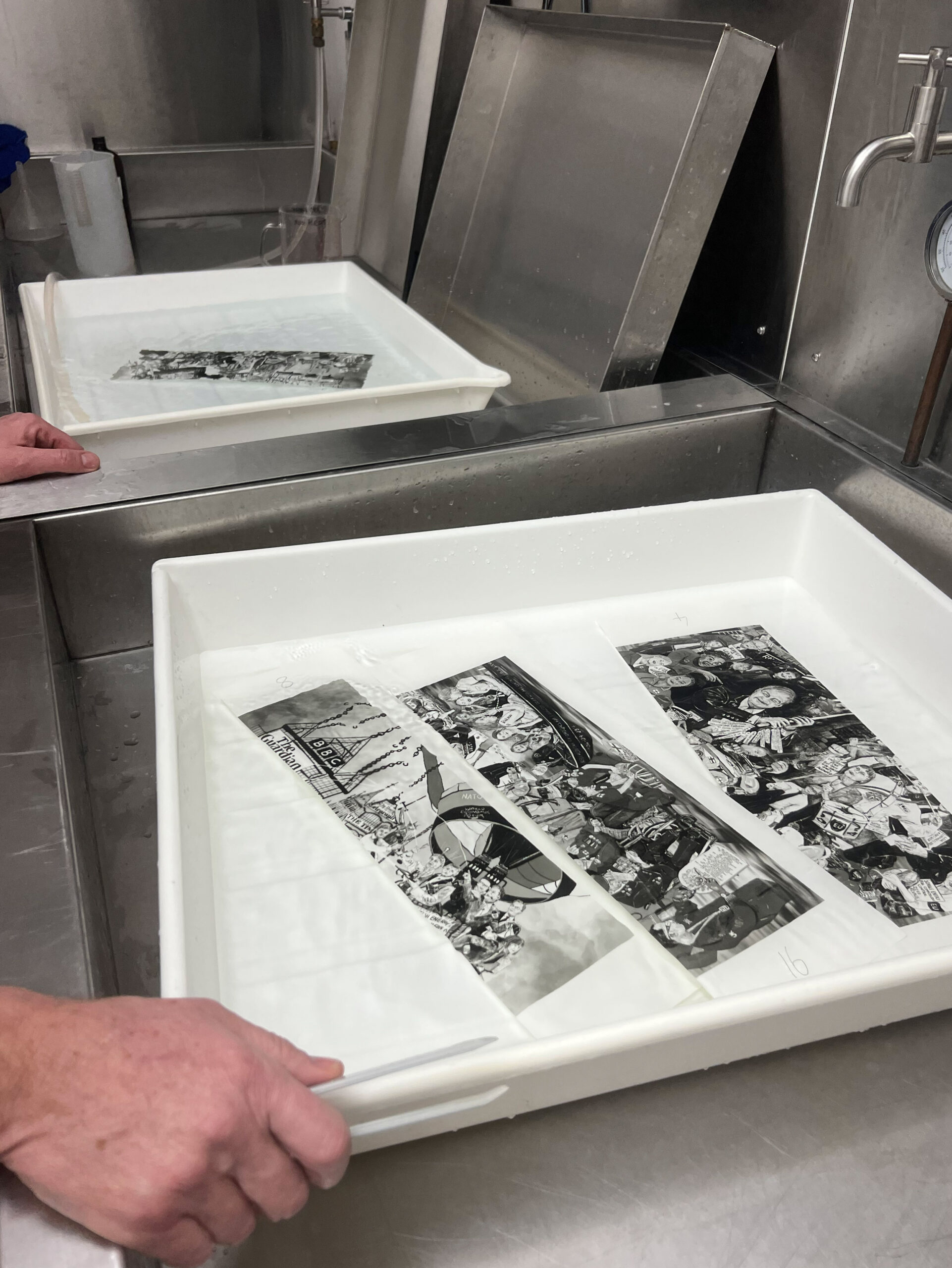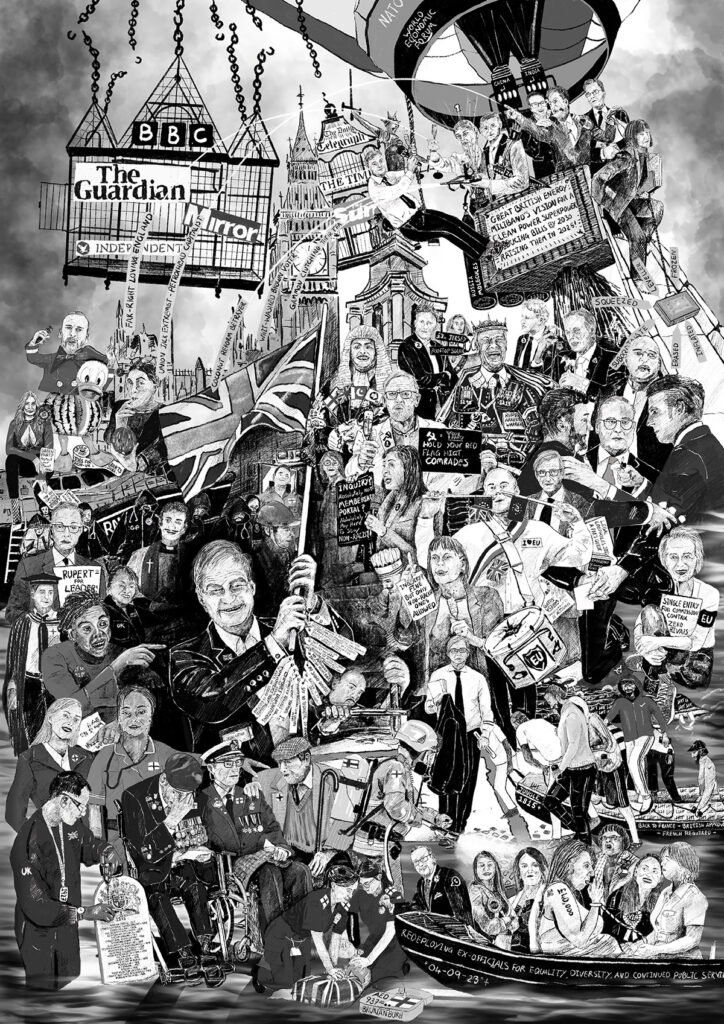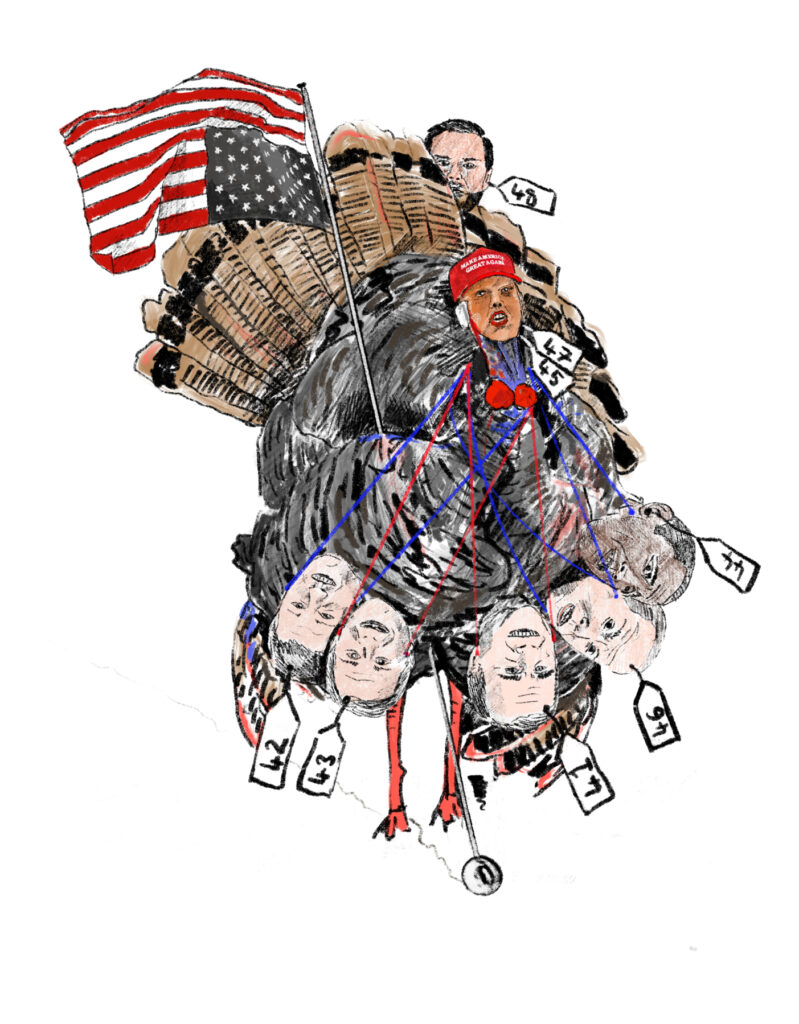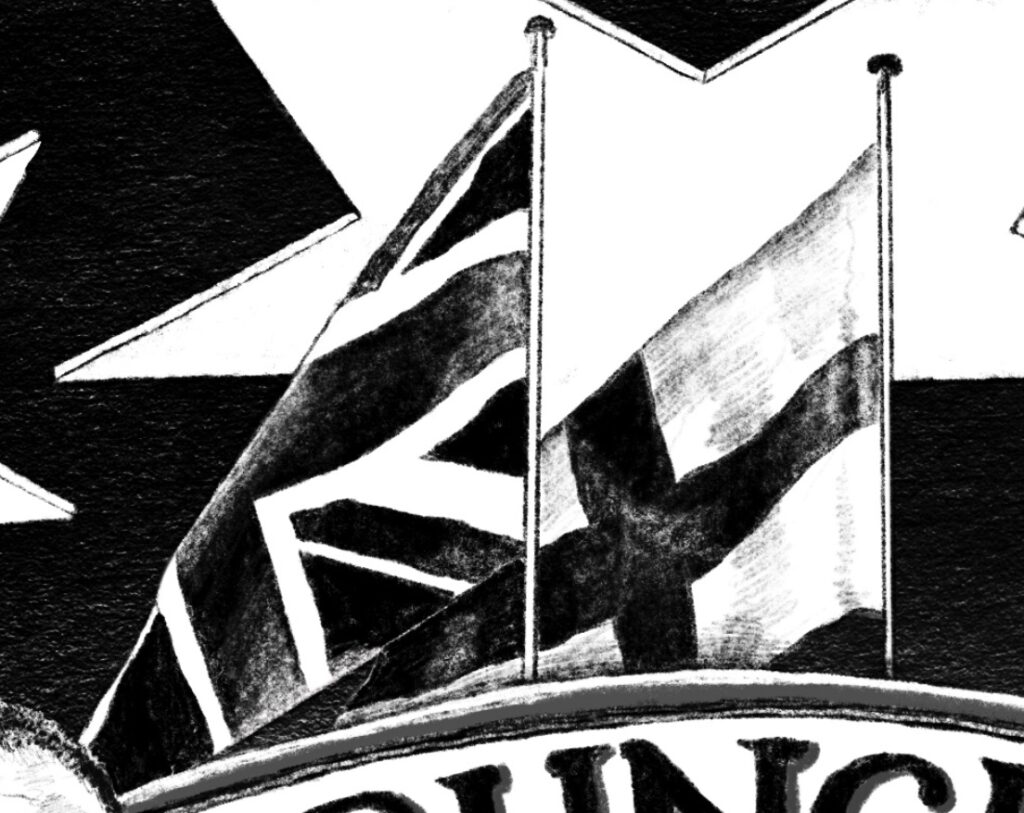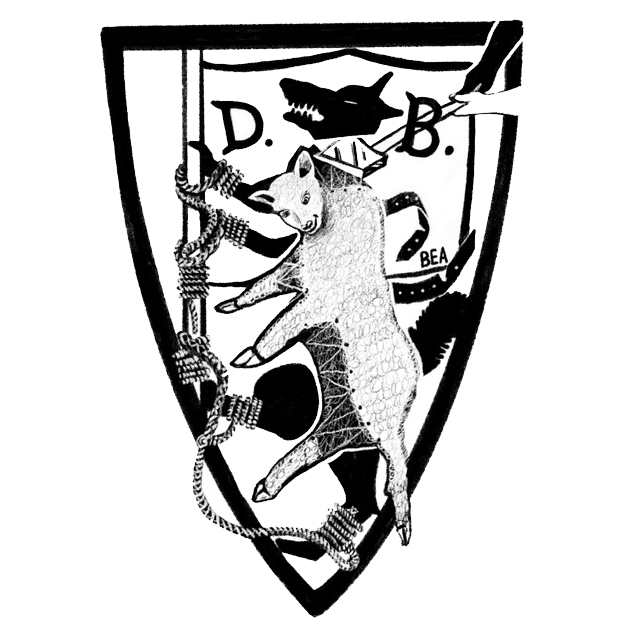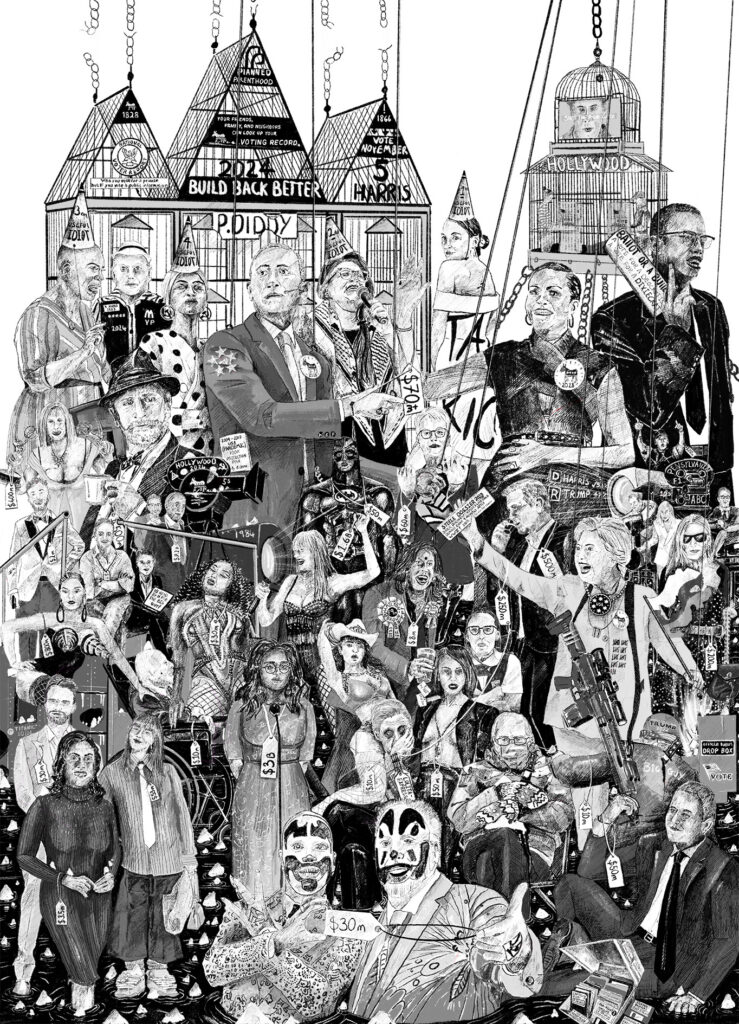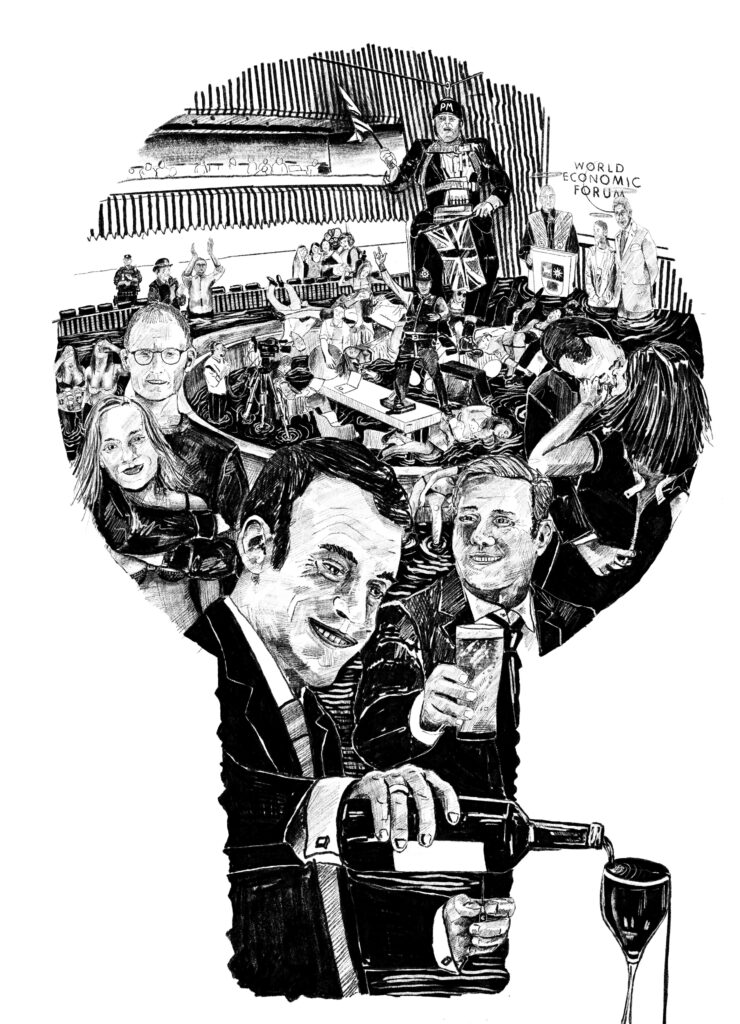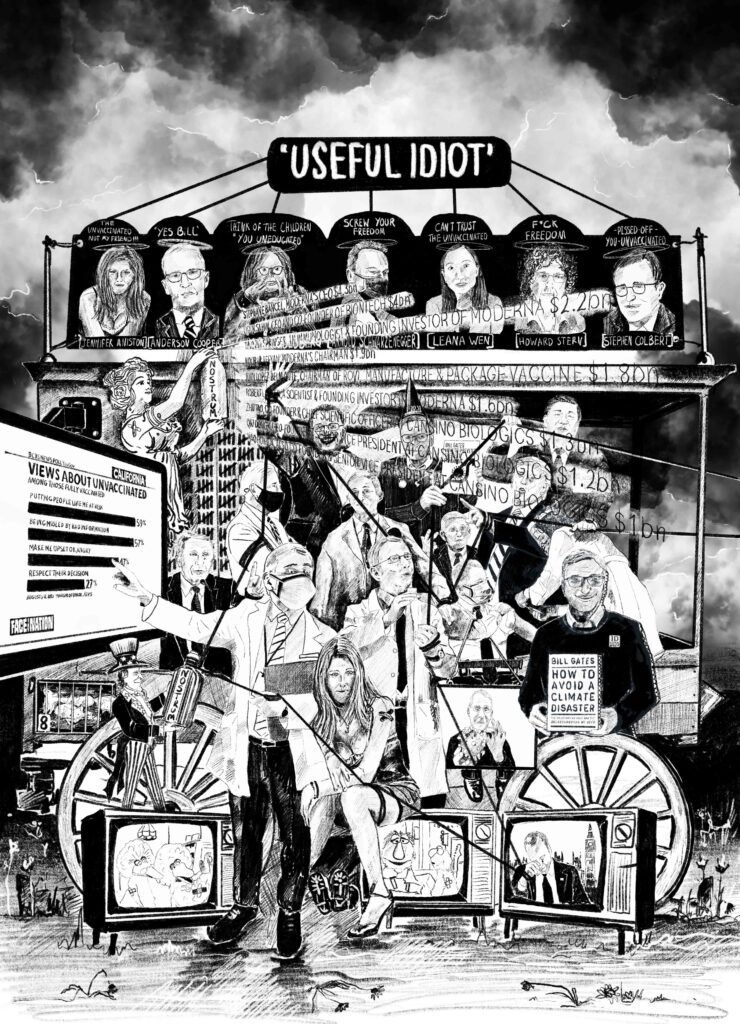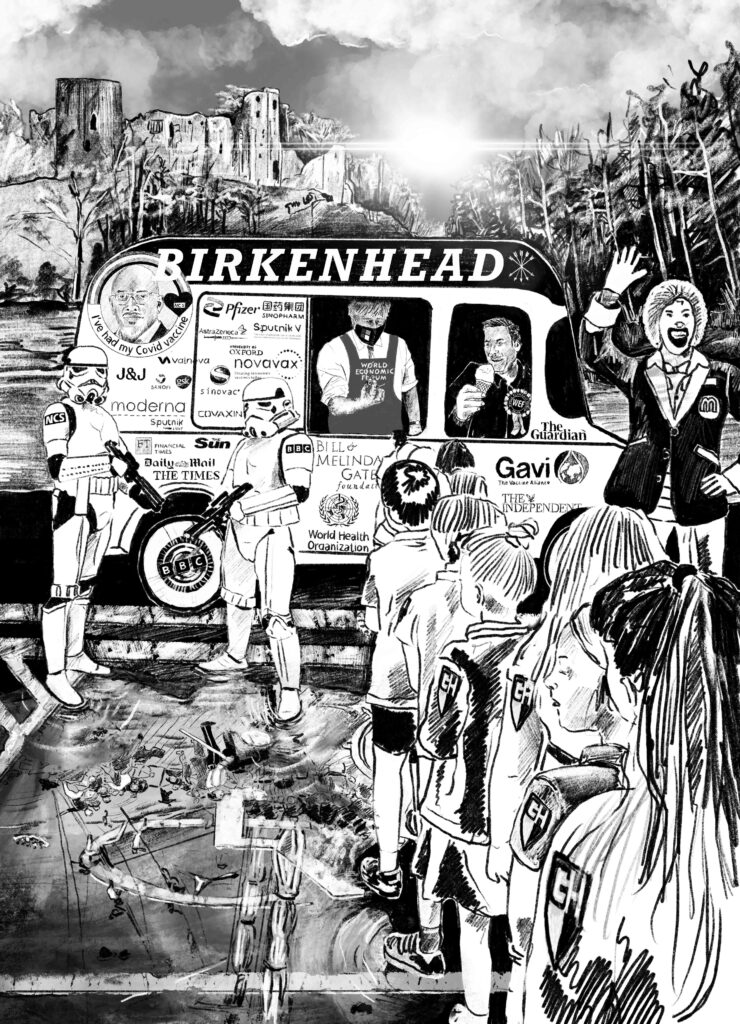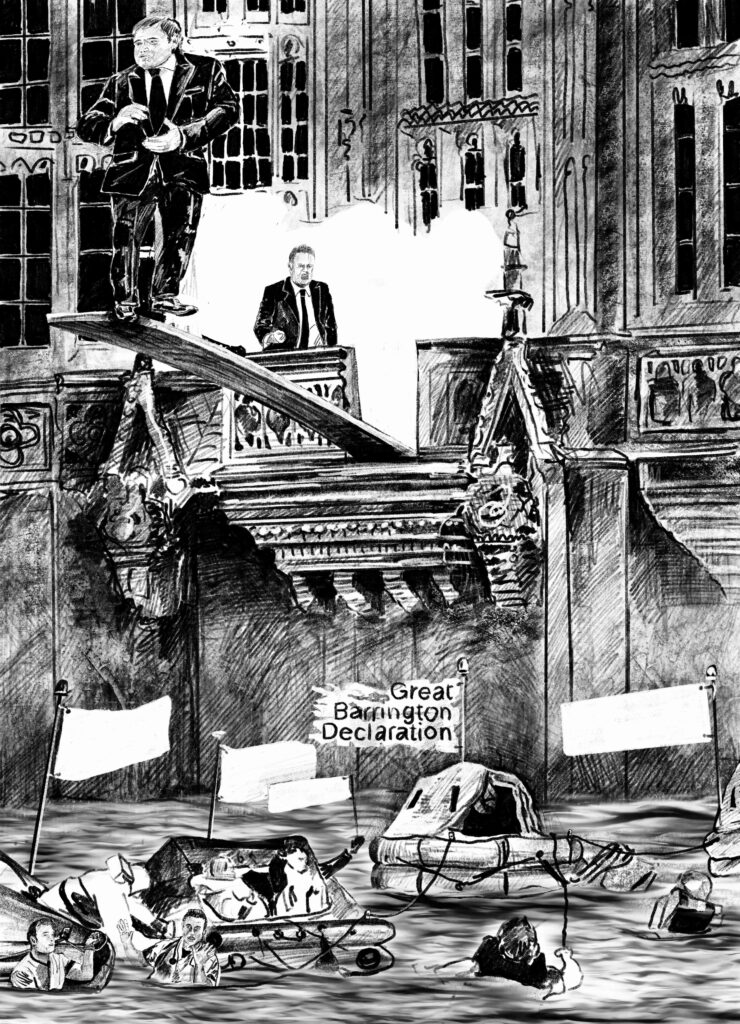“PHONETICALLY SPEAKING” To reflect the fast pace of world news, my blog is probably best served as a stream-of-consciousness text. Fast and unadulterated. With this approach, and on first encounter, text might not seem to scan. This is because I am dyslexic. Instead of keeping the proof-readers busy, I would rather let my blog updates of my visual work stand as a record of my experience of dyslexia, which I am keen that you now get to enjoy too. Unlike some news outlets, I hereby excuse myself the need for a ‘corrections’ section! The excitement of a new language is something I’m quite familiar with, and it is with this ‘joie de vivre’ that I am delighted to guide you through my thought and work processes, more phonetically (than fanatically) speaking.
Selenium-Toned Silver Gelatin Prints The Selenium-toned Silver Gelatin prints represent the pinnacle of traditional photographic craftsmanship, transforming the original digital artwork into a physical object of enduring depth and presence. The selenium toning process chemically enhances the silver particles in the gelatin emulsion, deepening blacks, subtly shifting tonal ranges, and increasing archival stability. Each print is developed with meticulous attention, using test strips with varying exposure and toning times to determine the ideal balance of shadow, highlight, and midtone. The process brings a unique luminosity and a sense of dimensionality, giving each print a singular, almost magical quality that cannot be replicated digitally. Every edition of 22 is personally signed by David Borrington and Carl Benjamin, making it a collector’s item of both artistic and historical significance. Limited Edition Digital Archive Prints The Limited Edition Digital Archive Prints are produced on Hahnemühle Photo Rag 310gsm, a premium archival-grade paper prized for its tactile surface, exceptional colour gamut, and longevity. Using precision archival inkjet printing, the digital artwork is faithfully rendered with accurate tones, fine detail, and subtle textures. Each print is numbered and signed by David Borrington, creating a limited ...
